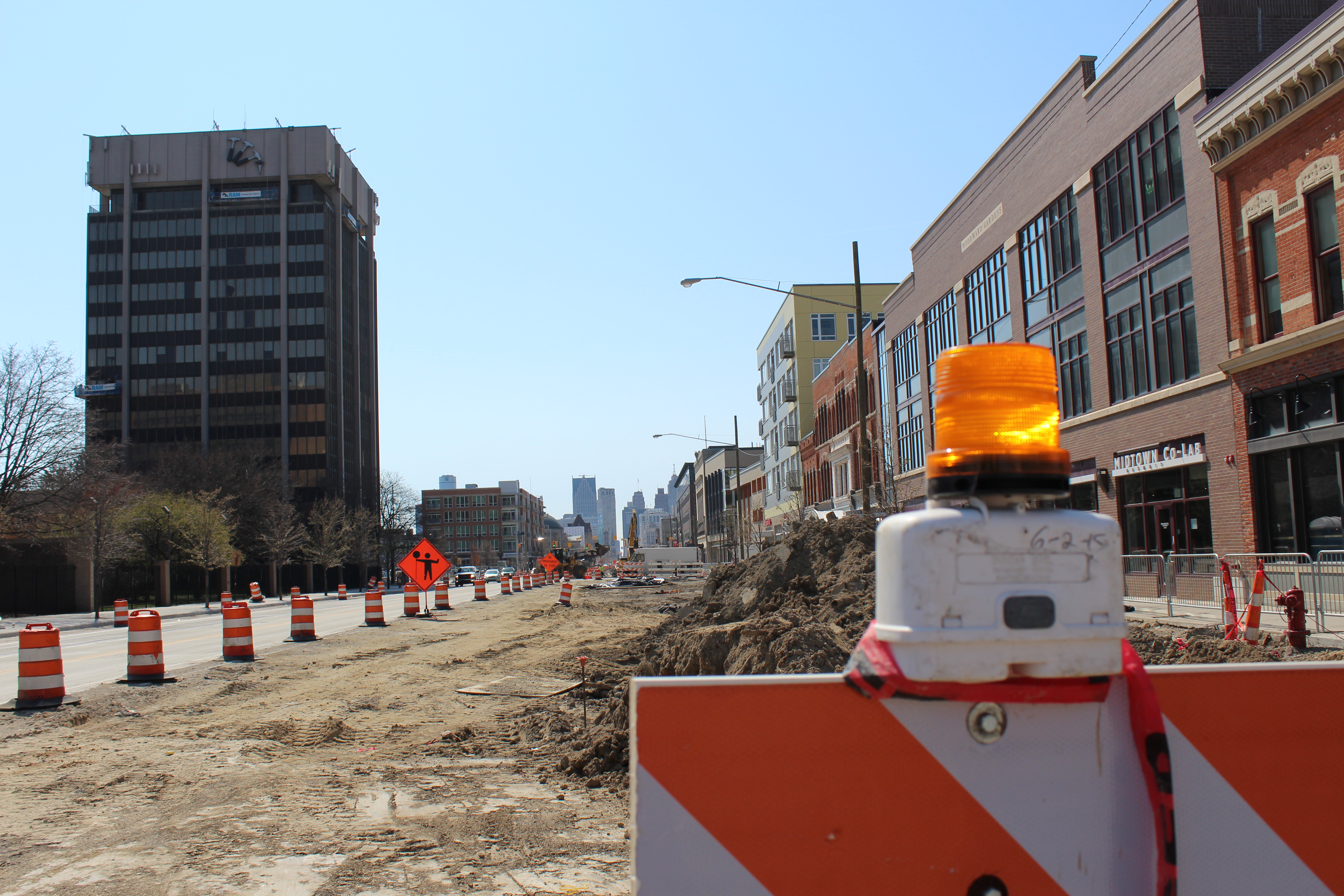Regional Transit Authority Millage
Gallery

Detroit is a city deprived of accessible and efficient public transportation. A chance to repair the fractured transit system has come before voters in the form of the Regional Transit Authority Millage, which will be on the ballot in the upcoming election for the counties of Wayne, Washtenaw, Oakland and Macomb. The Regional Transit Authority of Southeast Michigan was created by the Michigan Legislature through Public Act No. 387 of 2012, with the intention to “plan and coordinate public transportation in the four-county region, including the city of Detroit, and to deliver rapid transit in a region where none exists.”
The objective of the millage is to acquire the funds necessary to create a system linking the four historically disconnected counties with modernized methods of public transit such as rapid bus transit with extended routes running through some of the most trafficked areas in the region, using cross-county thoroughfares like Van Dyke, Greenfield, Jefferson/Harper and various mile roads like Eight Mile in order to provide faster service in the region. Some of the most frequent complaints of those who use the current transit system in Metro Detroit include “infrequent, ineffective and unreliable,” especially during midday and weekend hours, and limited transport accommodations for people restricted in their mobility, such as the elderly and those with specific disabilities. To address these issues, the Regional Transit Authority has implemented a plan that includes travel lines with fewer stations, allowing for fewer stops and faster travel between stops, enhanced technological features that will ensure ease of planning trips while using public transit and even the ability to use a prepaid bus pass that will allow passengers to travel between counties without having to deal with transfer fees and other cumbersome obstacles that stand in the way of uninterrupted travel. The plan also includes an express route to the Detroit Metropolitan Airport. Underserviced areas like Farmington Hills, Livonia, Northville and Canton will now have access to some form of public transportation.
The Regional Transit Authority Millage is hoping to levy a $1.2 million property tax assessment, with the individual tax burden depending on the value of the property. For instance, for homes with a taxable value of $100,000 (market value of $200,000), the cost would be about $120 per year over the course of approximately 20 years, beginning in 2016 and ending in 2035. It is estimated that $160,907,285 will be collected in the first year, according to the RTA. The RTA is also required to return 85 percent of the money raised in each jurisdiction back to that jurisdiction.
In the past, the divide between the suburbs surrounding the Detroit area and the city itself has proven to be a steep obstacle in securing transportation; however, it seems as if that will not be as much of an issue as it has been before. According to the Detroit Free Press, in their article, “What You Need to Know About the RTA Millage,” the millage has a considerable amount of support from businesses like Ford, General Motors, Zingerman’s, Quicken Loans, several healthcare companies like Henry Ford, Beaumont, St. John Providence, and dozens of state and local officials, including U.S. Representative Debbie Dingell and Representative John Conyers. Those who oppose the millage are a part of a group calling itself nomassivetransittax.org, which has been outspoken against the millage on account of the speculation that the millage will create a tax hike as well as create inconvenient amounts of congestion on some of the major roadways mentioned above. There is also concern that the Regional Transit Authority will cause the region to spend excessive amounts of money on outdated transportation like rail and bus systems, when more efficient means of travel are starting to be contracted out by cities like Uber and Lyft.
The millage would not replace any of the current taxes already in place in communities served by SMART or AAATA. Detroit would also still contribute to the Detroit People Mover and DDOT. If the millage fails to pass this current election, service would continue as usual in the entire region and the RTA would have the opportunity to ask for another millage in two years.
